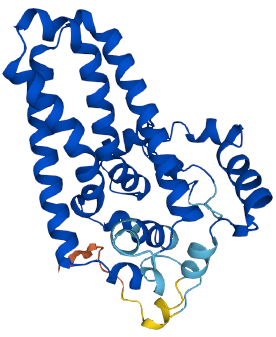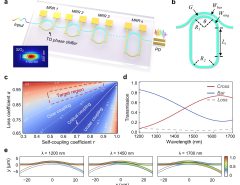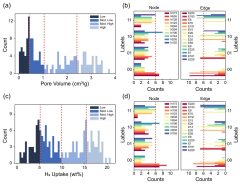Authors: Bozhen Hu, Cheng Tan, Lirong Wu, Jiangbin Zheng, Jun Xia, Zhangyang Gao, Zicheng Liu, Fandi Wu, Guijun Zhang, Stan Z. Li
Published on: March 08, 2024
Impact Score: 7.8
Arxiv code: Arxiv:2403.05314
Summary
- What is new: This survey provides an updated overview of the latest deep learning techniques applied in protein science, including novel applications and cutting-edge models.
- Why this is important: Understanding protein structure and functions is crucial yet complex, requiring advanced methods to analyze and predict protein behaviors for applications like drug discovery.
- What the research proposes: The survey discusses how cutting-edge deep learning techniques, such as convolutional neural networks and graph neural networks, can effectively model proteins, revealing intricate details about their structure and function.
- Results: The use of these advanced deep learning techniques has shown potential in improving protein structure prediction, protein-protein interaction, and function prediction, among others.
Technical Details
Technological frameworks used: Deep learning
Models used: Convolutional Neural Networks (CNN), Recurrent Neural Networks (RNN), Attention Models, Graph Neural Networks (GNN)
Data used: Large-scale protein data
Potential Impact
Biotechnology and pharmaceutical companies, particularly those in drug discovery, protein engineering, and biotechnological research and development sectors.
Want to implement this idea in a business?
We have generated a startup concept here: ProteoAI.




Leave a Reply